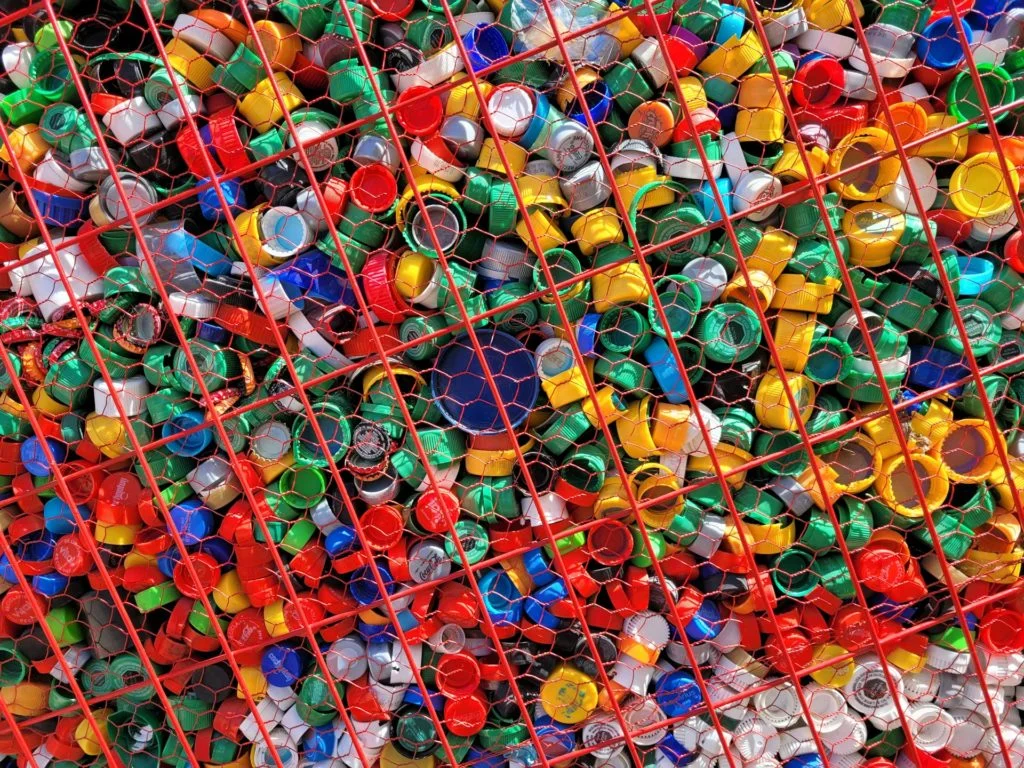The threat of climate change has become impossible to ignore, and industries worldwide are under pressure to decrease their carbon footprint and move towards net zero emissions. Among these industries, the automotive sector plays a significant role in contributing to global greenhouse gas emissions, mainly due to the widespread use of plastics in vehicle manufacturing processes. As a result, automotive manufacturers are constantly exploring strategies to minimise emissions and achieve net zero emissions targets set by governments and industry bodies.
One such important strategy involves plastic reprocessing and its ability to create less carbon-intensive manufacturing processes. Pulse Plastics, a leading UK-based independent specialist plastic solution provider, is committed to offering innovative closed-loop plastic recycling solutions that can assist the automotive industry in reducing emissions and embracing a circular economy model.
In this blog, we will delve into the crucial role of plastic reprocessing in helping the automotive industry achieve net zero emissions. We will discuss the environmental and economic benefits of closed-loop recycling systems, explore the ways in which Pulse Plastics supports eco-friendly manufacturing, and highlight the potential impact of widespread adoption of plastic reprocessing across the industry.
Join us as we navigate the essential role plastic reprocessing plays in advancing the automotive industry towards a net zero emissions future, and discover how partnering with Pulse Plastics can assist you in achieving your environmental goals.
1. Net Zero Emissions: A Crucial Goal for the Automotive Industry
As the global community becomes increasingly aware of the impact of greenhouse gas emissions on the environment, governments and industry bodies alike are setting bold targets to achieve net zero emissions. For the automotive industry, this goal translates to radical changes in manufacturing processes, with a focus on sustainable materials, energy-efficient production methods, and innovative recycling systems.
One of the most significant contributors to carbon emissions within the automotive sector is the widespread use of plastics. These materials, which account for a substantial portion of a vehicle’s components, typically have high carbon footprints due to their manufacturing processes and end-of-life disposal. Consequently, the industry needs to embrace innovative plastic reprocessing and recycling solutions, such as those provided by Pulse Plastics, in order to reduce emissions and move closer to achieving net zero goals.
2. Closed-Loop Recycling Systems: The Linchpin of Plastic Reprocessing
Plastic reprocessing, facilitated by closed-loop recycling systems, holds the key to driving down emissions in the automotive industry. These systems recapture waste plastic generated during production, which is then cleaned, processed, and transformed into reusable materials that can be reintegrated into the manufacturing process. This circular approach dramatically reduces the need for virgin plastics and lowers the emissions associated with their production.
Pulse Plastics specialises in providing innovative closed-loop plastic recycling solutions for the automotive sector. By collaborating with automotive manufacturers and adopting these sustainable practices, the industry can significantly reduce plastic waste, lower greenhouse gas emissions, and work towards a more sustainable future.
3. The Environmental and Economic Benefits of Plastic Reprocessing
The adoption of plastic reprocessing by automotive manufacturers comes with an array of environmental and economic advantages, including:
- Reduced greenhouse gas emissions: By substituting virgin plastic materials with reprocessed alternatives, manufacturers can significantly decrease their carbon footprint and move closer to achieving net zero emissions targets.
- Conservation of resources: Plastic reprocessing allows for the effective reuse of waste materials in the manufacturing process, reducing the need for new resources and contributing to a more sustainable industry model.
- Cost savings: Reprocessed plastics are often less expensive than new materials, and the implementation of closed-loop recycling systems can lead to reduced waste disposal fees. Ultimately, these savings can increase the competitiveness and profitability of automotive companies.
- Improved brand reputation: Demonstrating a commitment to carbon reduction and sustainable practices can enhance a company’s brand image and appeal, attracting environmentally conscious consumers and strengthening customer loyalty.
4. The Future of Plastic Reprocessing in the Automotive Industry
As the industry continues its pursuit of net zero emissions, the adoption of plastic reprocessing and closed-loop recycling solutions across the automotive sector is set to rise. Several factors will play a key role in driving this growth, including:
- Technological advancements: Improvements in recycling technologies and plastic reprocessing methods will facilitate the increased adoption of closed-loop systems, allowing for greater efficiency and effectiveness in reducing emissions.
- Government policies and regulatory frameworks: Increasingly stringent environmental regulations and targets will compel the automotive industry to adopt plastic reprocessing and other sustainable practices, pushing manufacturers to seek out innovative solutions and collaborations with leading solution providers like Pulse Plastics.
- Shifting consumer preferences: As awareness around environmental issues grows, there will be heightened demand for eco-friendly, low carbon-footprint products from consumers, leading manufacturers to prioritise sustainability in all aspects of their operations.
Conclusion
Plastic reprocessing holds the potential to dramatically reshape the environmental impact of the automotive industry and contribute significantly to the goal of achieving net zero emissions. Closed-loop recycling systems, such as those provided by Pulse Plastics, can help manufacturers reduce their carbon footprint, lower their reliance on virgin plastic materials, and cut costs, all while promoting a circular economy and adhering to increasingly strict environmental regulations.
With the continued development of innovative plastics solutions, supportive governmental policies, and shifting consumer preferences driving the industry towards a sustainable future, Pulse Plastics remains steadfast in its commitment to partnering with automotive manufacturers on its journey to achieve net zero emissions. Together, we can make a lasting, positive impact on the environment and pave the way for a greener, more sustainable automotive sector.


